Do incentives work? Listen to Michael Lewis, author of “The Big Short”, “Liar’s Poker”, “Moneyball”, and many other great non-fiction books of the last decade. In an interview on “60 Minutes”, he said . . .
“The incentives for people on Wall Street got so screwed up that people who worked there got blinded to their own long-term interests.”
“One of the lessons of this story is that people will see what they are incentivized to see.”
“You have to be very careful about how you incentivize people because they will respond to incentives.”
He was, of course, talking about what led to the Great Recession. But he was also saying, loudly and clearly, what we’ve known for decades, namely that incentives work to shape behaviors.
But what are we to do with this power? We’ve seen what harm can be done by wrong-headed, self-serving incentives. We’ve seen how incentives can multiply greed. And we’ve seen how incentives can motivate people to manipulate the system and even lie and cheat if the incentive is strong enough.
If you say, “That’s not my concern”, stop reading right now.
For those of us toiling in the incentive vineyards for decades, it is painful to see the “i” word become a four-letter word. It’s our job to bring out the best in people, not the worst. And when we do our job thoughtfully, we advance the cause of Ethical Capitalism and put some sheen back on the reputation of the incentive industry.

When considering an incentive program, the Ethical Capitalist must ask and answer three questions . . .
- Will this build long-term value?
- Is this in the customer’s best interest?
- Have we made our core values clear?
If you look at your planned incentive program, and you can’t answer a resounding “yes” to these questions, do not pass go. As a program owner, if you think of yourself as an ethical person who believes in capitalism, you have a responsibility to keep your head up and your eyes on the big picture because your people will have their heads down and their eyes on the incentive rewards.
We think of the most recent incentive black eye at Wells Fargo (even though it was a cash-based program). Does the act of opening accounts for customers without their knowledge or permission lead to long-term value? Of course not. Is it in the customer’s best interest? Certainly not. Did corporate make their values clear? Apparently not. Because if ethical behavior was a corporate core value, sales people would have known that unethical activity wouldn’t be tolerated or get them promoted. And that leads to a larger question for the Ethical Capitalist . . .
“Have we hired the right kind of people?”
Opening new accounts for customers is a perfectly valid business objective. Doing it in consultation with the customer and with their permission is a given for the sales person with a moral code. Doing it without permission is a conscious decision made by a person whose line in the sand shifts with the tides. Have we done everything possible in the hiring process to discover if we are attracting values-driven people?
 One of our financial services clients, who we’ve been honored to work with for a dozen years or more, actually has an operating theme of DO THE RIGHT THING. Do the Right Thing for the customer and the community you live/work in. Make sure you build long-term relationships that lead to long-term value for all parties. And make sure you know that we mean it when we say DO THE RIGHT THING. That message is everywhere, all the time. Can you picture the people at this bank opening up phantom accounts? Can you picture an incentive program that rewarded people for selling only the most profitable products to customers whether they were right for that person or not. No, they are practicing Ethical Capitalism at its best, and they are one of the most admired and profitable banks in the country.
One of our financial services clients, who we’ve been honored to work with for a dozen years or more, actually has an operating theme of DO THE RIGHT THING. Do the Right Thing for the customer and the community you live/work in. Make sure you build long-term relationships that lead to long-term value for all parties. And make sure you know that we mean it when we say DO THE RIGHT THING. That message is everywhere, all the time. Can you picture the people at this bank opening up phantom accounts? Can you picture an incentive program that rewarded people for selling only the most profitable products to customers whether they were right for that person or not. No, they are practicing Ethical Capitalism at its best, and they are one of the most admired and profitable banks in the country.
Motivating people to do things the right way can be an incentive objective of its own. More and more sales incentives reward people not just for sales results . . .
but also for following prescribed best practices,
in the steps that lead to closing the sale,
in a way that produces an enduring customer relationship
and results in long-term value.
Capitalism is still the most powerful economic system in the history of the world. Combine it with ethical purpose and incentives to do the right thing, and we can continue to take it to the next level.



